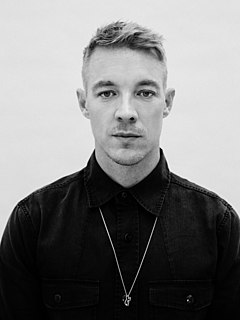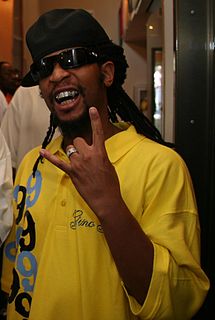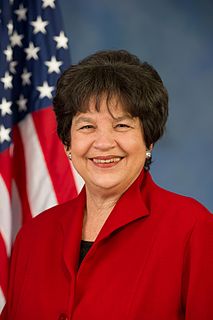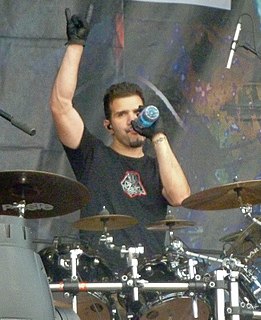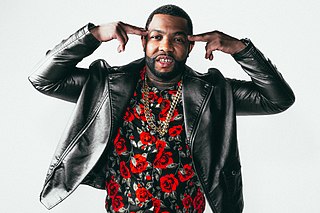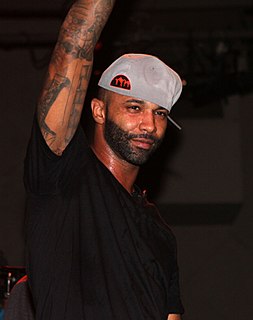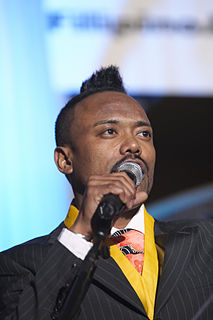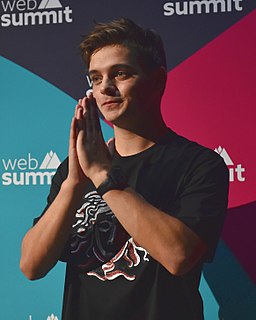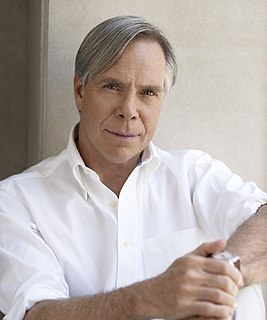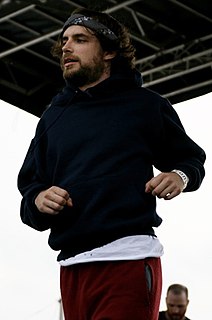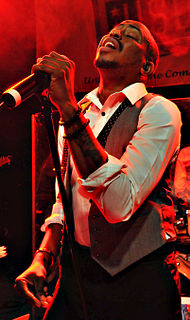A Quote by Diplo
I put out this record on Ninja Tune called 'Florida' when I was about 22. And at the same time, I was DJ'ing and beginning to mix stuff up and promote shows in Philadelphia and New York and my own parties and make mixtapes, put out bootleg white labels.
Related Quotes
In the very beginning, I kind of had this hip-hop, cut-and-paste approach to music. The first record, especially, was from looking at people like DJ Shadow and A Tribe Called Quest, and I think a phase that a lot of people go through when they start sampling is to go out and stamp on twigs and try to record that kind of stuff.
I think if I lived in New York I would be really stressed out going out to a club and seeing a good DJ who's doing something on a similar level. I'm pretty critical of myself when it comes to the music. Maybe they're not doing as many samples or the samples aren't put together as specifically but it would stress me out to feel like I needed to be one upping someone. In Pittsburgh, I'm in my own world - I know I'm the guy doing this here.
When you make timeless music - and I like to think that's what I'm doing - the fun part is picking the songs. You can clip and flop and mix and match, and when the record is timeless and it feels good, you know it's going to have the same appeal whether you put it out now or 10 years from now. That's what I'm about.
Two records put me over the top with hip-hop. One of them was 'Planet Rock,' and the other had no lyrics - it was called 'Numbers,' from a group called Kraftwerk. Every kid in the 'hood in New York and New Jersey was popping, locking, and breaking to that record. It was the hottest track on the street at the time.
